Blog: Private Sector’s Important Role in Public Health
This is a subtitle for your new post

Businesses, I have long believed, have a moral imperative to prioritize employee health and well-being. Simply put, since we consume most of their waking hours, we have a responsibility to ensure our workers are healthy. If we focus on building and maintaining a healthy workforce, we will also contribute to developing healthy families and healthy communities.
As CEO of TTEC, which employs more than 60,000 people on six continents, I see the benefits of prioritizing employee health on a daily basis. Likewise, the Tuchman Family Foundation has been focused on improving community well-being since our founding 25 years ago. So, I was happy to share my insight about the business impact of public health as part of The Springboard Series, a Denver Health Foundation sponsored forum focused on discussing health, economic and social solutions.
On a personal level, we truly care about people’s ability to thrive. It’s why the Tuchman Family Foundation supports education, medical research and positive social change. And why TTEC invests in our workplace culture and creating a positive work environment. As part of that, we promote wellbeing to our employees, part of helping them and their families flourish now and in the future.
Helping keep employees healthy is the right thing to do and benefits individuals, their families and our communities. There’s no doubt it is also good for business. When we administer flu shots to our staff and that prevents them from getting sick, we are able to maintain continuity in our operations. If employees feel well – both mentally and physically – they’re more likely to be productive, perform well and serve customers more effectively. If you have happy employees, happy customers and profits will follow.
Creating an environment where employees feel like the company’s leaders genuinely care about their health also helps employees form an emotional connection to the organization.
With record numbers of employees jumping ship, fostering a culture of well-being can help improve recruitment and retention.
TTEC’s focus on health and wellness is holistic and takes a variety of forms. We analyze the food we serve in the cafeteria and provide incentives to help employees make healthy choices. We host classes on cooking, fitness, finances and mindfulness as well as walking groups and competitions to reward employees for hitting their movement goals. We also launched a comprehensive mental health program right before the pandemic, which included training managers on identifying at-risk employees and how to direct them to proper resources; a seminar on burnout; and regular communications to encourage employees to take advantage of our behavioral health offerings.
Remote work: Challenges and opportunities
COVID required us to shift our operations. To keep our employees safe, we sent our global workforce home in March 2020, working quickly to provide the technology they needed to serve customers remotely. We’ve also worked to expand the availability of vaccines in India and Philippines, where we employ 20,000 people. We invested in vaccines for our employees in the Philippines and hired a company to manage administering the vaccine. In India, we reimbursed employees for the cost of acquiring vaccines through hospital “fast lanes.” We also purchased oxygen in India when cases began spiking.
Ninety percent of our employees continue to work remotely and while that model has decreased the risk of infection, reduced our carbon footprint and allowed our employees more time to spend with family, there are drawbacks to the arrangement. It’s difficult to build a culture remotely and the lack of relationship building can leave staff feeling isolated and anxious. To overcome those issues, we offer telemedicine services for behavioral health without co-pays and an employee mental health portal that includes self-assessments, online tools and other resources. We also routinely reminded employees about mental health and wellness programs they can continue to utilize virtually.
In addition, we are exploring how to create a virtual reality “world” for our employees to allow them to experience coffee breaks and lunchroom conversations in a similar ways as if they were working in the office. Connection is important, and as we contemplate the future of remote work, it’s important to be mindful of how to build connections, strengthen communication and support employees.
The pandemic thrust the issue of public health in the spotlight. It would be valuable to start a regular dialogue on how public health should be part of running a business and not just something to address when a crisis arises.

